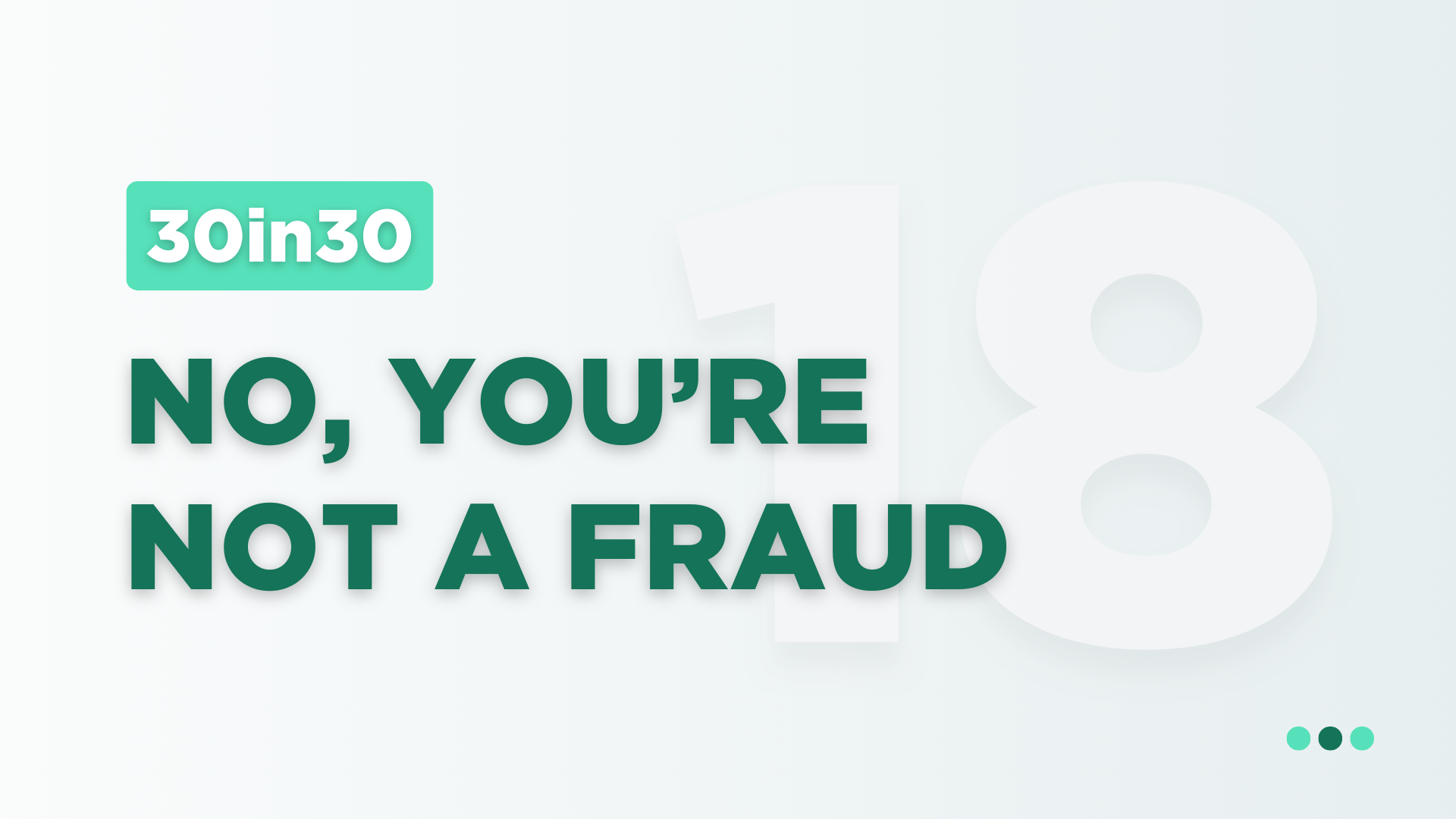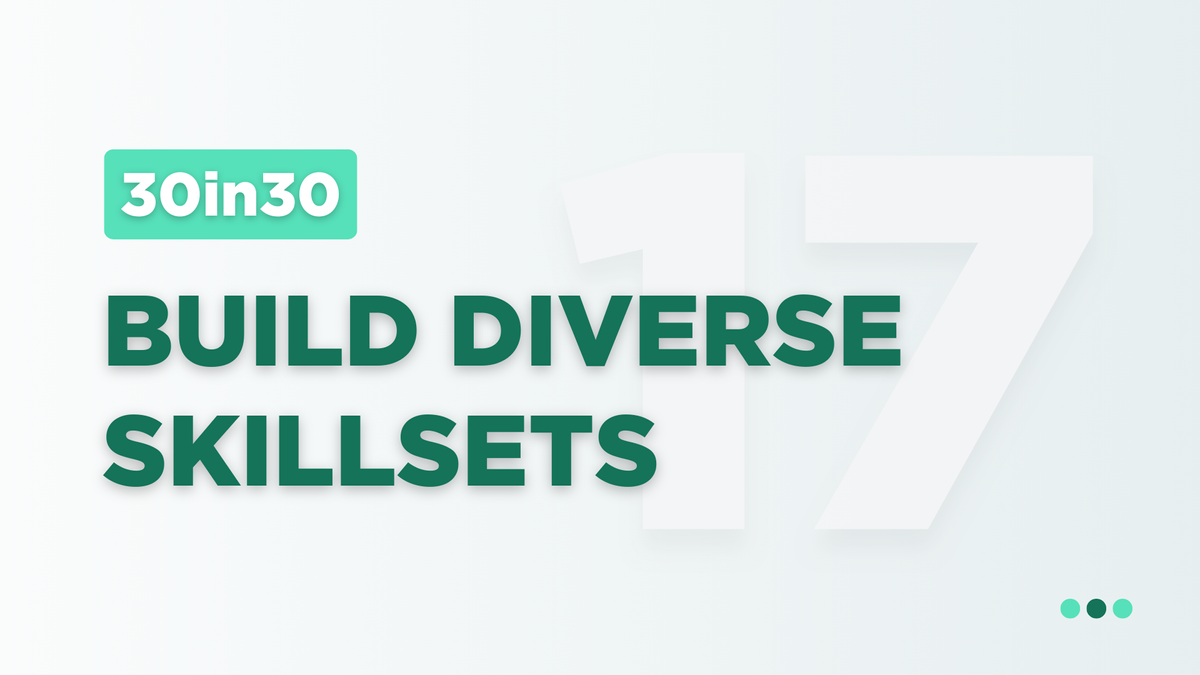No, You’re Not A Fraud

Lesson 18: Imposter Syndrome Is a Catalyst for Growth, Embrace It.
Imposter syndrome—the feeling of being inadequate, unworthy of your achievements, or even a fraud—is a familiar experience for many. It often surfaces when you step into roles or opportunities that challenge your comfort zone and expertise. But instead of letting these feelings paralyze you, view them as evidence of growth. The discomfort is often a sign that you’re daring to push boundaries and step into spaces where real transformation happens.
The key is not to let the fear of inadequacy hold you back, but to act boldly. Trust your instincts and the path you feel led to pursue, knowing that growth often begins in uncharted territory.
In my journey, I’ve taken on opportunities that felt far beyond my skill set—roles, projects, and ventures where I thought, “Am I really the right person for this?” Yet, those were the moments that stretched and refined me.
In Lesson 1, I shared how I doubted my ability to create a solution that anyone would value, only to have a former colleague and mentor pay more than I’d asked for it. This is just one of many instances where I’ve felt like an imposter—doing work I wasn’t formally qualified to do.
For most of my career, especially over the last seven years, I’ve worked closely with individuals 10+ years older than me. That dynamic comes with significant pressure to deliver, particularly when these colleagues have more experience. What’s more intriguing is that much of this work has been in fields I wasn’t trained in—telecom, fundraising, events management, program development, project management, strategy, and business development, to name a few. Imposter syndrome has been inevitable, but these experiences have also been tremendous learning opportunities, allowing me to grow by observing and working alongside some of the best in these fields.
What I’ve learned through it all is that success doesn’t require perfection or absolute readiness. It demands courage, effort, and a willingness to learn as you go.
How to Leverage Imposter Syndrome
- Reframe It as a Sign of Progress: Feeling like an imposter means you’re growing. You’re in spaces that challenge and expand you. Celebrate this as a milestone of progress.
- Focus on Action, Not Perfection: Take the next step, no matter how small. Growth happens through action, not waiting for the “perfect moment” or flawless execution.
- Channel Self-Doubt Into Preparation: Let your doubts drive you to prepare and improve. Instead of being consumed by inadequacy, let it push you to research, study, and practice more.
- Draw on Your Why: Stay grounded in your purpose. When self-doubt creeps in, remind yourself why you started and the impact you want to create.
- Seek Support and Mentorship: Surround yourself with people who believe in you and can provide constructive feedback. Their encouragement can silence the voice of self-doubt.
Imposter syndrome doesn’t mean you’re a fraud; it means you’re trying. And trying is what sets achievers apart. So, embrace it. Walk into the room, take on the challenge, and trust that you’re exactly where you need to be.
So,
What step will you take today, even if you feel inadequate?
In case you missed lesson 17, you can read it here.


